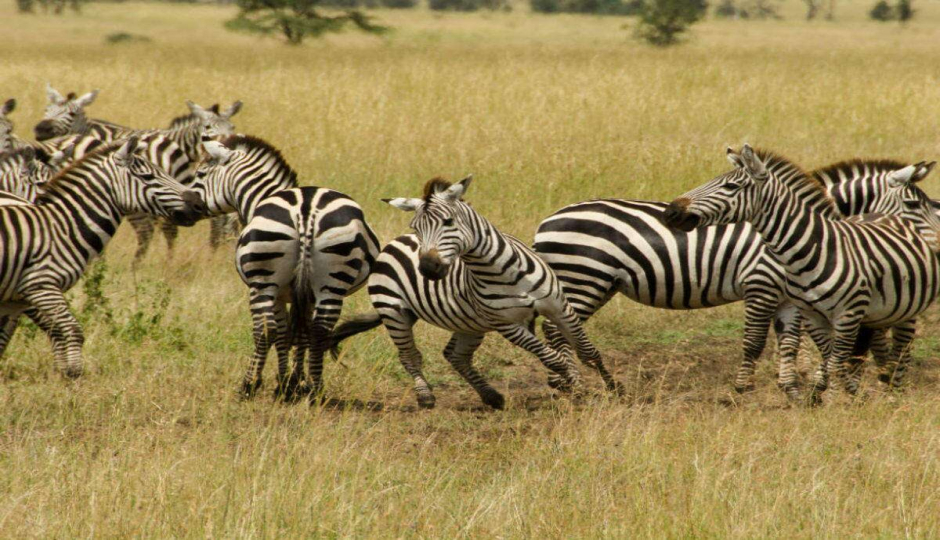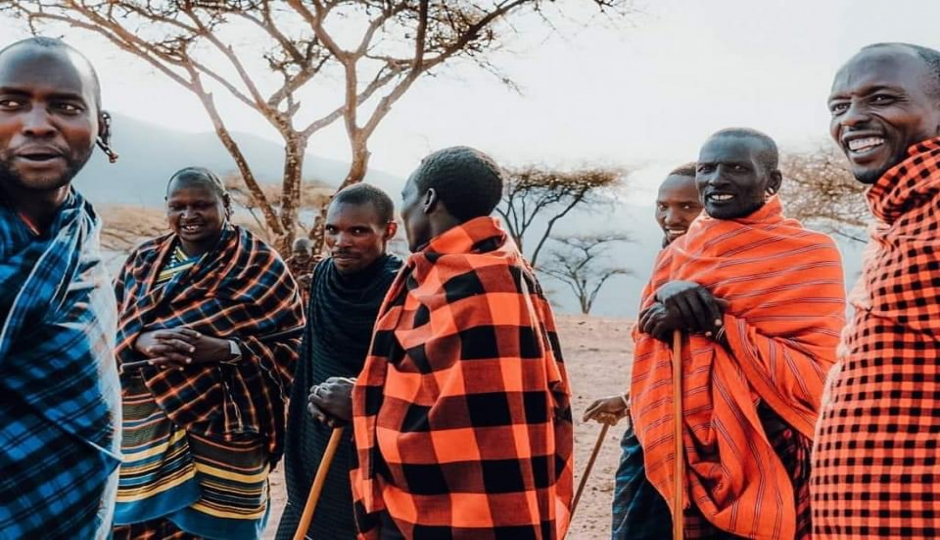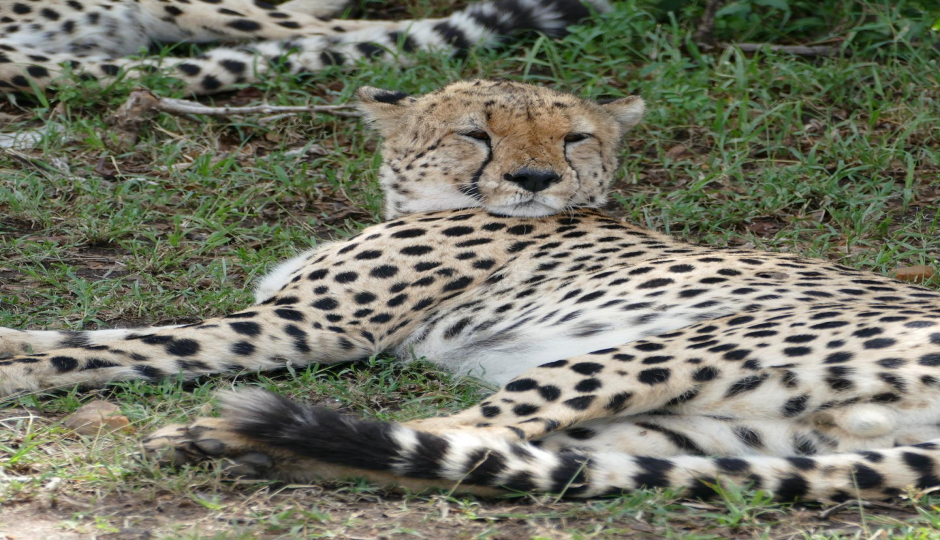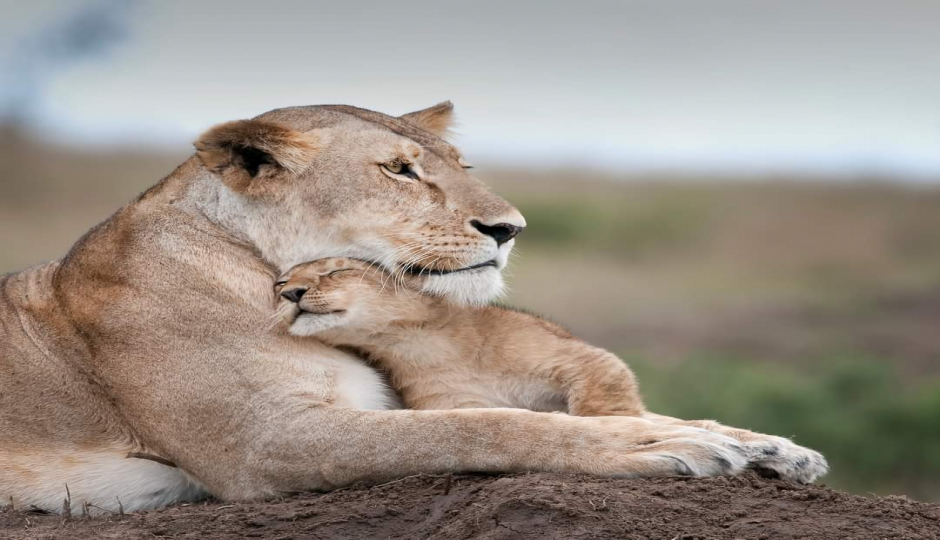Ultimate Packing List for a Tanzania Safari: What to Bring for an Unforgettable Adventure
Tanzania is a dream destination for safari lovers. Home to the Serengeti, Ngorongoro Crater, and the majestic Mount Kilimanjaro, the country offers unmatched wildlife experiences. But a successful safari requires proper planning, and knowing what to pack is crucial. From clothing to camera gear, this guide will help you pack efficiently for your Tanzania safari, ensuring you’re prepared for everything from the heat of the savannah to the cool evening breeze.
1. Essential Safari Clothing
Packing the right clothes for a safari in Tanzania is all about comfort, durability, and practicality. Here are the must-haves for your wardrobe:
- Lightweight, Breathable Clothing: Tanzania’s temperatures can vary, so lightweight, moisture-wicking clothing is ideal for the daytime heat.
- Neutral-Colored Outfits: Choose colors like khaki, beige, olive, and tan to blend into the environment and avoid attracting insects.
- Long-Sleeved Shirts and Pants: These will protect you from sun exposure and pesky insects during your game drives or bush walks.
- Warm Layers: Mornings and evenings can be chilly, especially in the Ngorongoro Crater and higher altitudes like the Serengeti. Bring a fleece jacket or lightweight sweater for warmth.
- Wide-Brimmed Hat: A wide-brimmed hat offers sun protection during the peak hours of your safari.
- Sturdy Shoes: Bring comfortable walking shoes or hiking boots if your safari involves walking tours. Lightweight sneakers are also good for relaxing at camp.
- Swimwear: Many safari lodges and camps offer pools, so don’t forget your swimwear.
2. Safari Gear and Accessories
Having the right gear will enhance your safari experience, helping you capture unforgettable moments and stay comfortable throughout your adventure.
- Binoculars: High-quality binoculars are essential for spotting distant wildlife like lions, leopards, and birds. A pair with 8x or 10x magnification is ideal for safari viewing.
- Camera and Lenses: A DSLR or mirrorless camera with a zoom lens (70-300mm or longer) is perfect for capturing wildlife in action. Don't forget extra batteries and memory cards!
- Sunglasses: Polarized sunglasses will protect your eyes from the strong African sun while helping you see more clearly during game drives.
- Reusable Water Bottle: Stay hydrated by carrying a reusable water bottle, which can be refilled at your camp or lodge.
- Safari Daypack: A small backpack is great for carrying your essentials during game drives, including your camera, sunscreen, water, and snacks.
3. Personal Items and Toiletries
Many lodges and camps in Tanzania are eco-friendly, so it’s important to bring eco-conscious toiletries and personal items.
- Insect Repellent: Protect yourself from mosquitoes and other insects, especially in areas prone to malaria. Choose a DEET-free, eco-friendly option.
- Sunscreen (SPF 30+): The African sun can be intense, even on overcast days, so bring high-SPF sunscreen and apply it regularly.
- Lip Balm with SPF: Keep your lips protected and hydrated in the dry, sunny climate.
- Wet Wipes and Hand Sanitizer: These are handy for staying clean when you're on the go in remote areas without immediate access to facilities.
- Toiletries: Pack travel-sized, biodegradable soap, shampoo, and conditioner to minimize your environmental impact. Don’t forget your toothbrush and toothpaste!
4. Health and Safety Essentials
It’s important to be prepared for any medical or safety needs while you're on safari.
- First Aid Kit: Include essentials like band-aids, antiseptic wipes, painkillers, and any personal medication.
- Malaria Tablets: Certain parts of Tanzania, including the Serengeti and Ngorongoro, are malaria-prone areas. Consult your doctor about taking antimalarial medication before your trip.
- Travel Insurance: Ensure you have travel insurance that covers medical emergencies, trip cancellations, and other unforeseen incidents during your safari.
- Vaccination Certificate: You may be required to show proof of yellow fever vaccination upon entering Tanzania, especially if you’re arriving from a country where the disease is present.
5. Travel Documents and Money
Being organized with your travel documents will help make your journey stress-free.
- Passport and Visa: Ensure your passport is valid for at least six months from your entry date into Tanzania, and check if you need a visa before you travel.
- Travel Itinerary: Print out copies of your safari itinerary, accommodation details, and any important contact information for guides or operators.
- Cash (USD): US dollars are widely accepted in Tanzania, especially in safari lodges and camps. Bring small denominations for tipping guides, porters, and camp staff.
- Credit Cards: Most lodges and hotels accept major credit cards, but it’s a good idea to bring some cash in case of technical issues or if you visit more remote areas.
6. Packing Tips for Safari
Now that you know what to pack, here are some tips on how to pack efficiently for your Tanzania safari:
- Pack Light: Most safari camps and lodges offer laundry services, so pack light and avoid overpacking. A soft-sided duffel bag is often more convenient than a hard suitcase, especially for smaller safari planes.
- Use Packing Cubes: Packing cubes help organize your clothing and gear, making it easier to find things in your bag.
- Be Weather-Ready: While Tanzania’s dry season is best for safaris, the weather can still be unpredictable. Pack a lightweight rain jacket or poncho in case of unexpected showers.
Final Thoughts on Safari Packing
Packing for a Tanzania safari is all about balance—ensuring you have the essentials while avoiding overpacking. With the right gear and attire, you’ll be ready for thrilling game drives, stunning landscapes, and incredible wildlife encounters. Whether you’re visiting the Serengeti, Tarangire, or Lake Manyara, this packing list will help you be prepared for the adventure of a lifetime.













